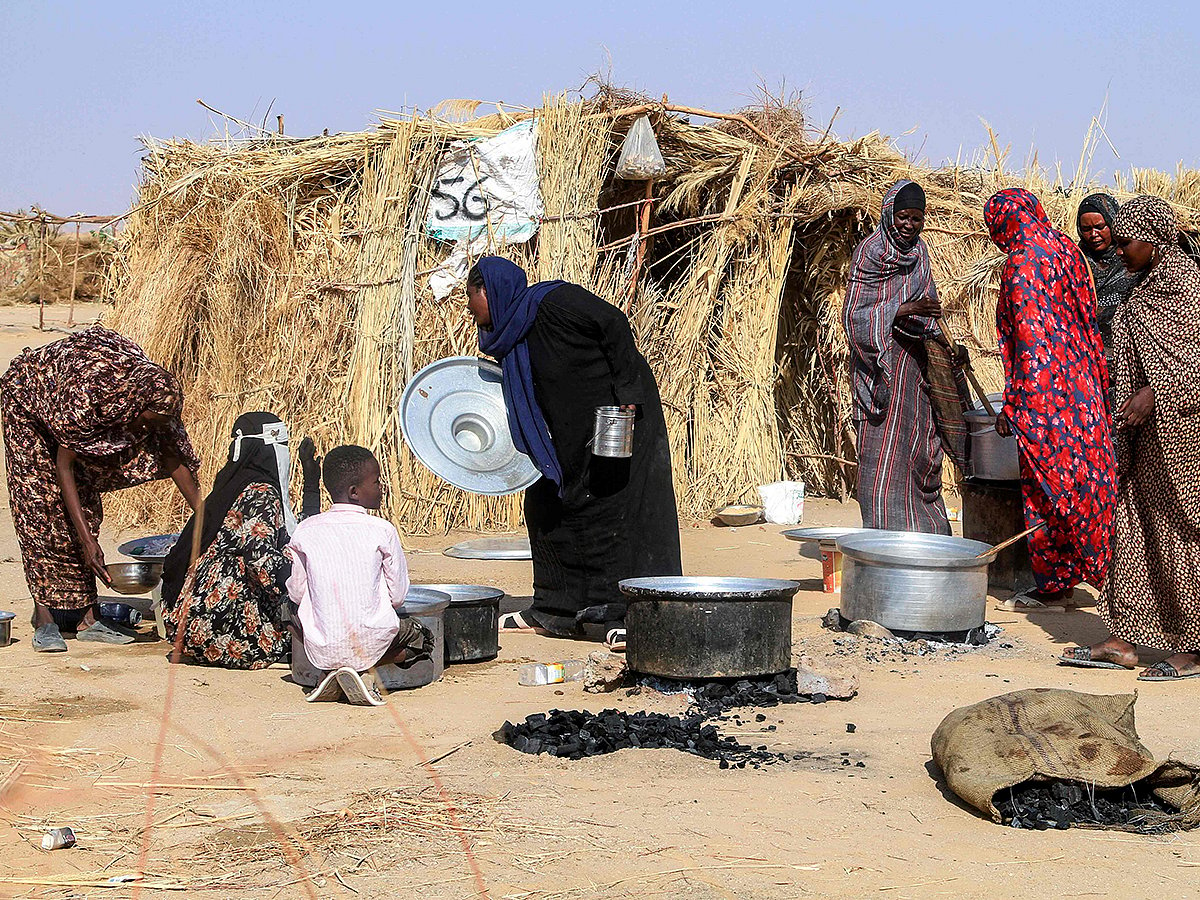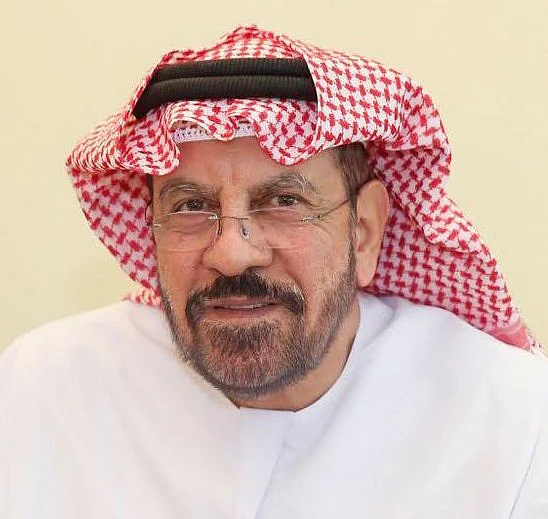Sudan: Al-Fashir mass killings trigger UN investigation
Resolution passes without a vote amid growing global concern

Abu Dhabi: The UN Human Rights Council on Friday adopted a resolution to deploy an independent fact-finding mission to investigate reports of mass killings in the Sudanese city of Al-Fashir.
The resolution was approved without a vote, reflecting strong international backing during a special session in Geneva. The session focused on the situation in Al-Fashir, which fell under the control of the Rapid Support Forces (RSF) in October.
Identifying perpetrators of abuses
The fact-finding mission will work to identify those responsible for violations committed by both sides of the conflict.
The UK’s ambassador to the United Nations in Geneva said the mission would document and preserve evidence, helping support future justice and accountability efforts.
At the opening of the session, UN High Commissioner for Human Rights Volker Türk urged countries to act.
“There is too much posturing and too little action. These atrocities, which amount to a blatant display of cruelty aimed at subjugating an entire people, must be confronted,” he said.
The RSF has denied targeting civilians or blocking aid, claiming that rogue fighters were behind such abuses.
UN Rights chief warns of rising violence in Kordofan
Türk also called for action against individuals and companies that “fuel and profit from the war in Sudan.” He warned of escalating violence in the Kordofan region, where civilians are being bombed, besieged, and forced from their homes.
The draft resolution strongly condemns reports of ethnically motivated killings and the use of rape as a weapon of war by armed groups in Al-Fashir.
It also urges the RSF and the Sudanese Armed Forces to allow the delivery of urgently needed humanitarian aid to people still trapped in the famine-hit city. Women fleeing Al-Fashir have reported systematic killings and rape, while others described civilians being shot in the streets and attacked by drones.
Sign up for the Daily Briefing
Get the latest news and updates straight to your inbox
Network Links
GN StoreDownload our app
© Al Nisr Publishing LLC 2026. All rights reserved.
